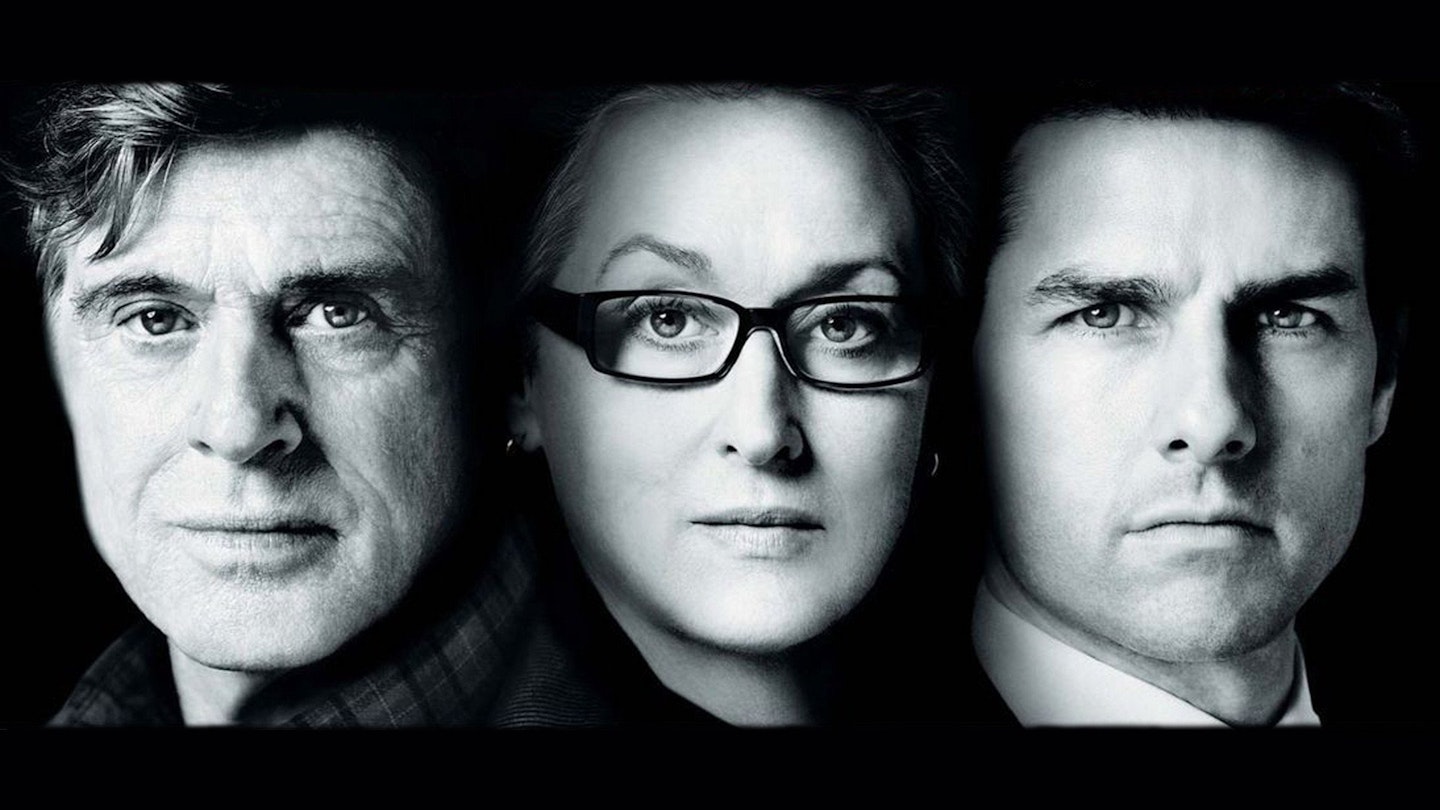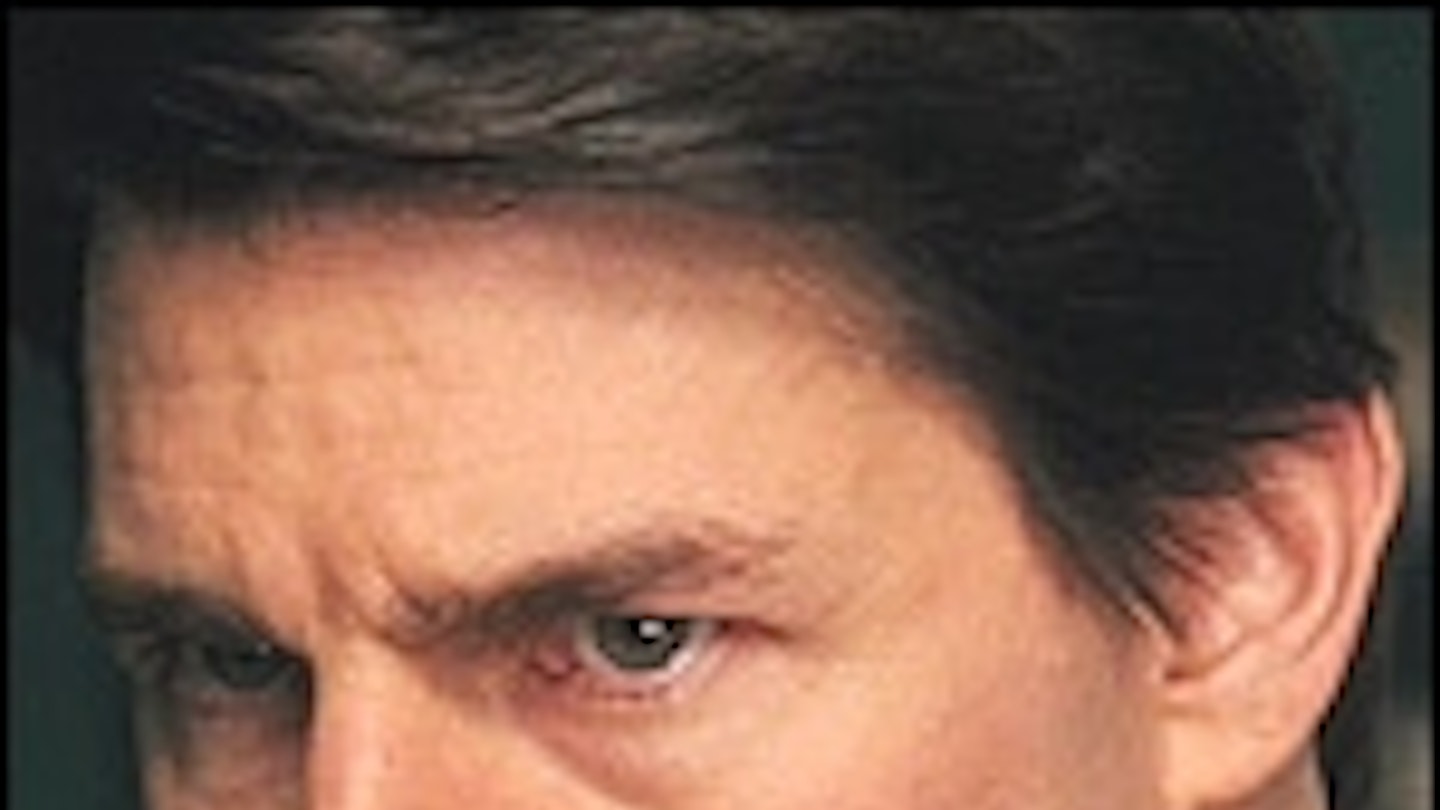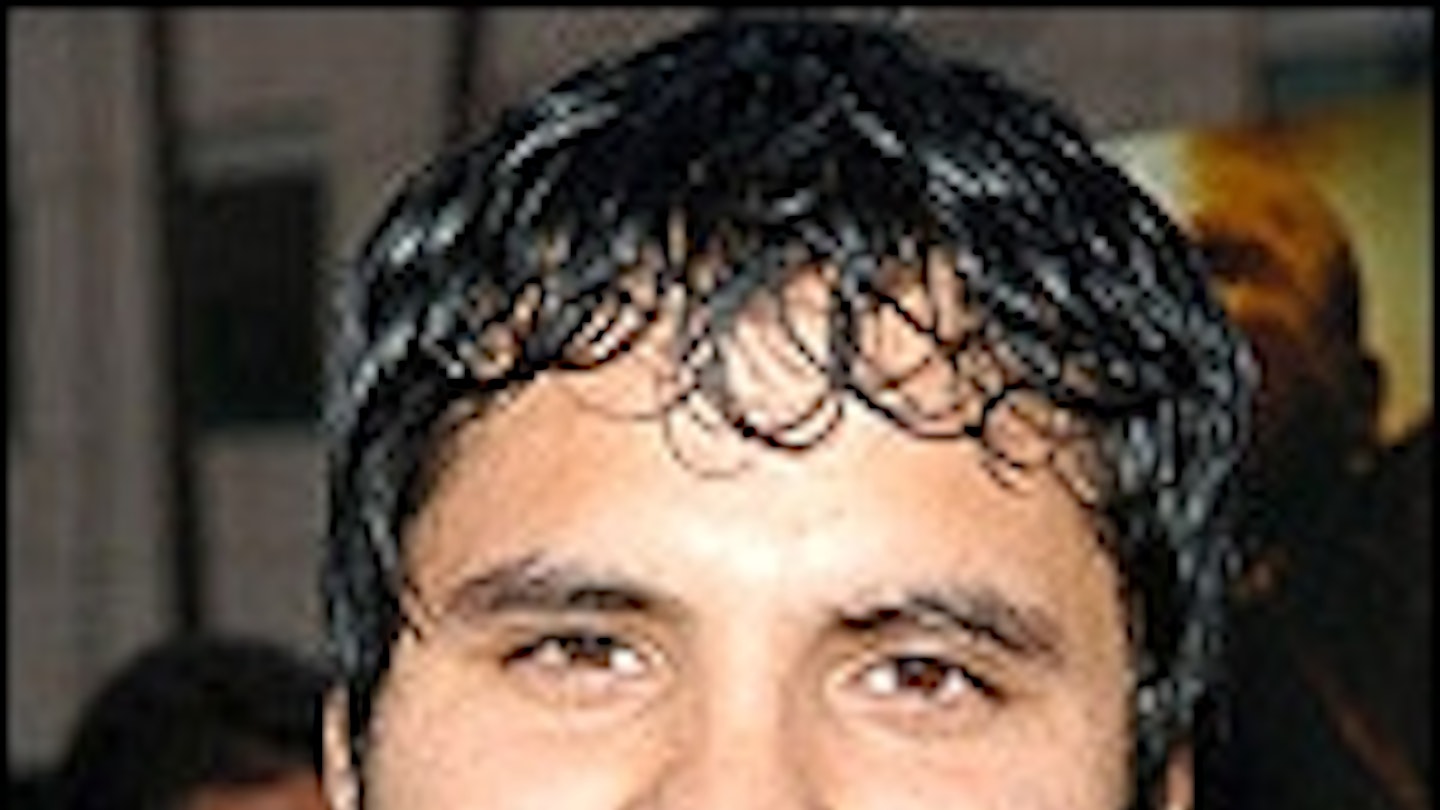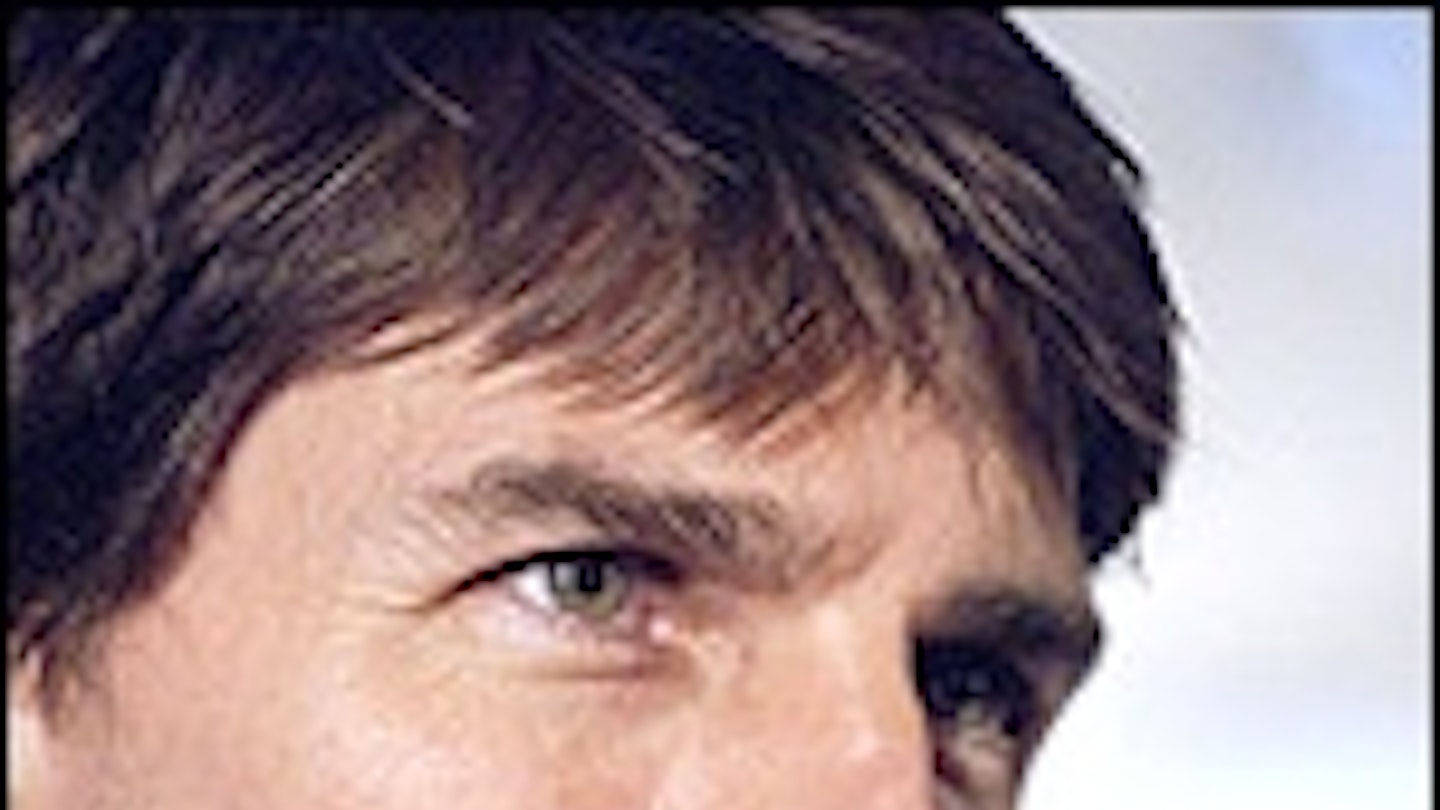Robert Redford’s rep as a Hollywood liberal may sink this film, right out of the gate. Sight unseen, US pundits are accusing it of an anti-Bush bias, and with audiences avoiding Iraq and Afghanistan films in droves, a movie that not only discusses the War On Terror but does very little else is never going to beat Titanic at the box office. But this is more balanced than pre-reviews would have you believe, and more about asking questions than offering trite answers.
The three-stranded plot is simple. A senator (Tom Cruise) announces a new war strategy for Afghanistan to a veteran reporter (Meryl Streep). Two soldiers (Michael Peña and Derek Luke) implement those new orders and land in serious peril. And a professor of political science (Robert Redford) tries to motivate a young student (Andrew Garfield) to engage in classes. Two thirds of the film, therefore, is pure talk - Redford’s professor barely stirs from his chair; Streep’s reporter and Cruise’s Senator Jasper Irving have a sit-down interview. Even the soldiers are pinned in one spot. It could almost be a stage play.
But Michael Matthew Carnahan’s script and Redford’s assured direction have the smarts to make the static seem kinetic. The back-and-forth between Cruise and Streep, in particular, is electric; this will, if there’s any justice, see Cruise finally win an Oscar. Perhaps spurred on by working opposite the screen’s most accomplished actress, the world’s biggest star is on Magnolia form, bringing that almost creepy charisma to bear as a highly influential senator.
There is a clear critique of modern politics - Cruise makes assertions on a par with Blair’s 45-minute claim without offering proof, vaguely acknowledges past mistakes while repeating them, and displays fury at the adversaries who refuse to play by his rules. But Streep’s character isn’t blameless either, compromised by the media’s early cheerleading for the Iraq War and her inability to effectively question the party line.
More surprising is how well newcomer Andrew Garfield matches Redford, the novice convincing as a feckless student whose surfer dude mannerisms conceal a keen mind. Redford’s don, worn down but not out by apathetic students, tries to galvanise Garfield’s Todd into action by telling him about soldiers Ernest and Arian, now serving in Afghanistan.
If there’s any part of the film that’s unbalanced, it’s the portrayal of these two paragons - hard-working scholarship boys who go off to war because they want to do good. There’s been a tendency in recent years to lionise the common soldier which, while properly laying the blame on the political management, risks offering an unrealistic look at the experience of war: it’s hard to imagine Platoon, say, being made in the current climate. But Peña and Luke bring enough chemistry to their roles to add an emotional edge while avoiding being mere ciphers. Ultimately, they are scared kids lost in a foreign country, a reminder of the human life put at risk by high ideals and political mistakes. The moral seems to be that, whichever side of the political divide you’re on, you owe it to people like these to make the right choices.





